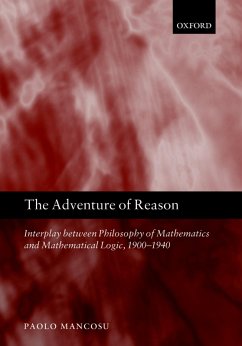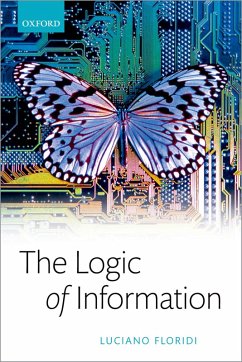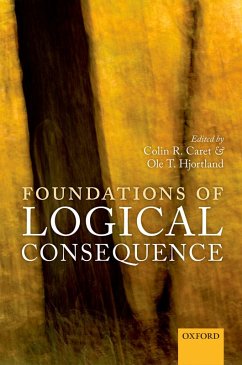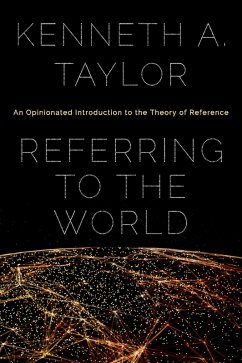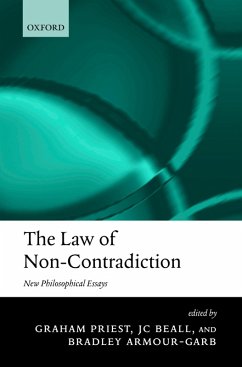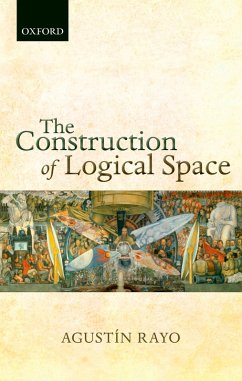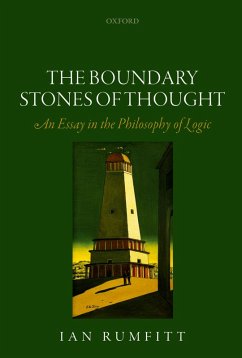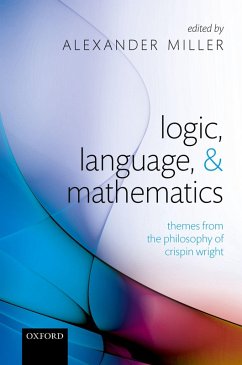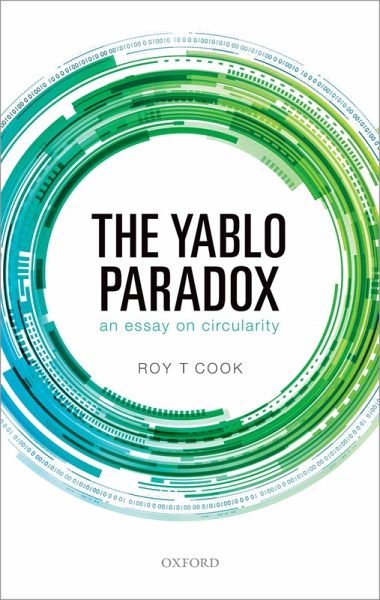
The Yablo Paradox (eBook, PDF)
An Essay on Circularity

PAYBACK Punkte
14 °P sammeln!
Roy T Cook examines the Yablo paradox--a paradoxical, infinite sequence of sentences, each of which entails the falsity of all others later than it in the sequence--with special attention paid to the idea that this paradox provides us with a semantic paradox that involves no circularity. The three main chapters of the book focus, respectively, on three questions that can be (and have been) asked about the Yablo construction. First we have the Characterization Problem, which asks what patterns of sentential reference (circular or not) generate semantic paradoxes. Addressing this problem require...
Roy T Cook examines the Yablo paradox--a paradoxical, infinite sequence of sentences, each of which entails the falsity of all others later than it in the sequence--with special attention paid to the idea that this paradox provides us with a semantic paradox that involves no circularity. The three main chapters of the book focus, respectively, on three questions that can be (and have been) asked about the Yablo construction. First we have the Characterization Problem, which asks what patterns of sentential reference (circular or not) generate semantic paradoxes. Addressing this problem requires an interesting and fruitful detour through the theory of directed graphs, allowing us to draw interesting connections between philosophical problems and purely mathematical ones. Next is the Circularity Question, which addresses whether or not the Yablo paradox is genuinely non-circular. Answering this question is complicated: although the original formulation of the Yablo paradox is circular, it turns out that it is not circular in any sense that can bear the blame for the paradox. Further, formulations of the paradox using infinitary conjunction provide genuinely non-circular constructions. Finally, Cook turns his attention to the Generalizability Question: can the Yabloesque pattern be used to generate genuinely non-circular variants of other paradoxes, such as epistemic and set-theoretic paradoxes? Cook argues that although there are general constructions-unwindings--that transform circular constructions into Yablo-like sequences, it turns out that these sorts of constructions are not 'well-behaved' when transferred from semantic puzzles to puzzles of other sorts. He concludes with a short discussion of the connections between the Yablo paradox and the Curry paradox.
Dieser Download kann aus rechtlichen Gründen nur mit Rechnungsadresse in A, B, BG, CY, CZ, D, DK, EW, E, FIN, F, GR, HR, H, IRL, I, LT, L, LR, M, NL, PL, P, R, S, SLO, SK ausgeliefert werden.




